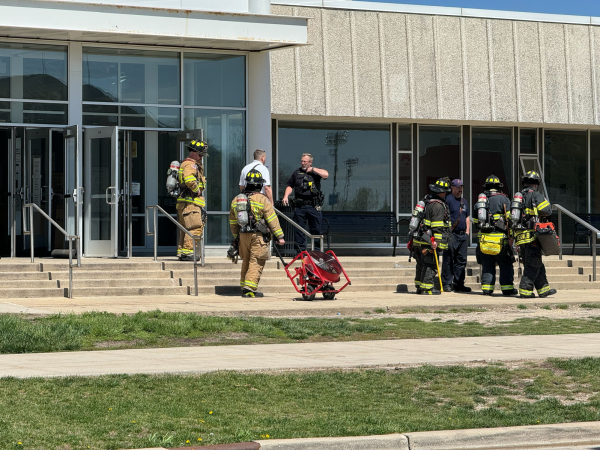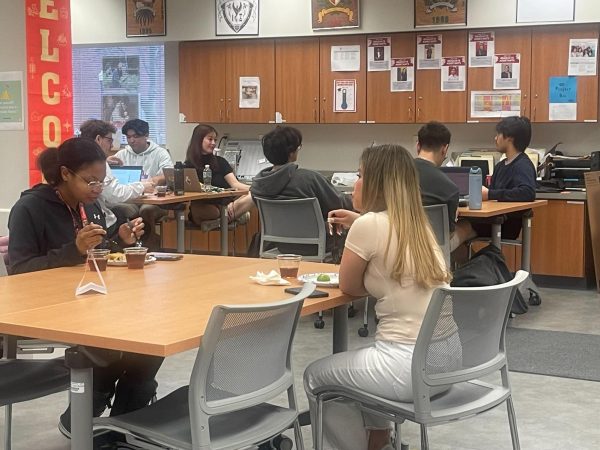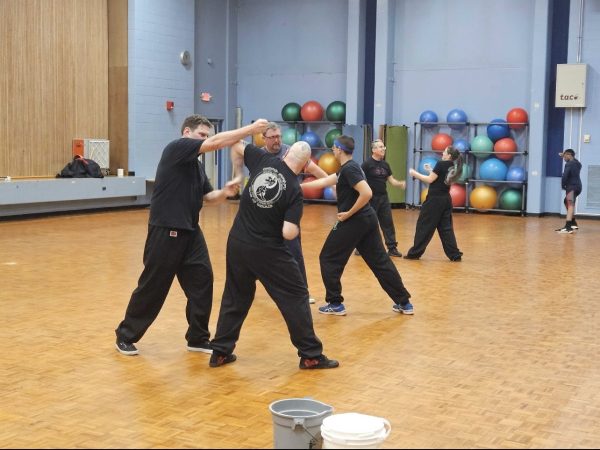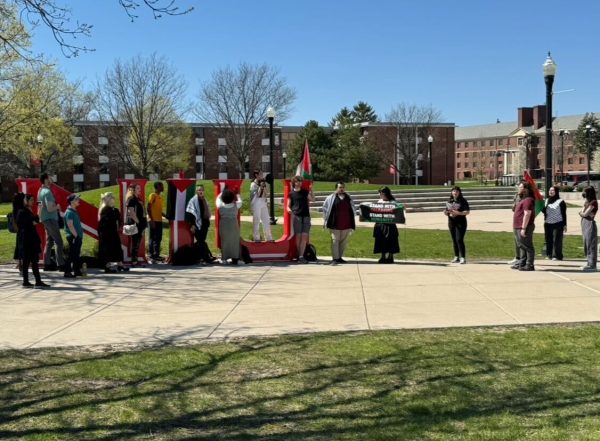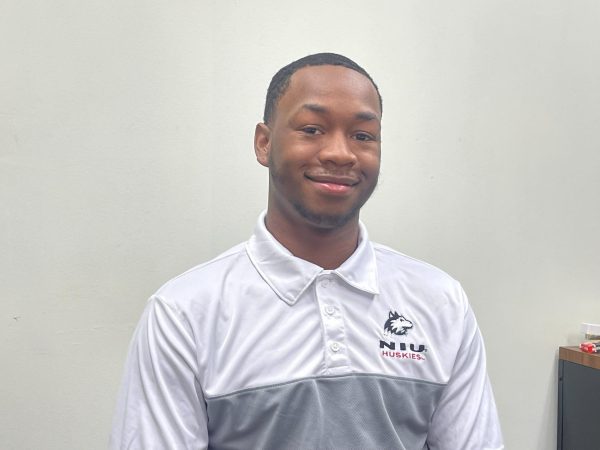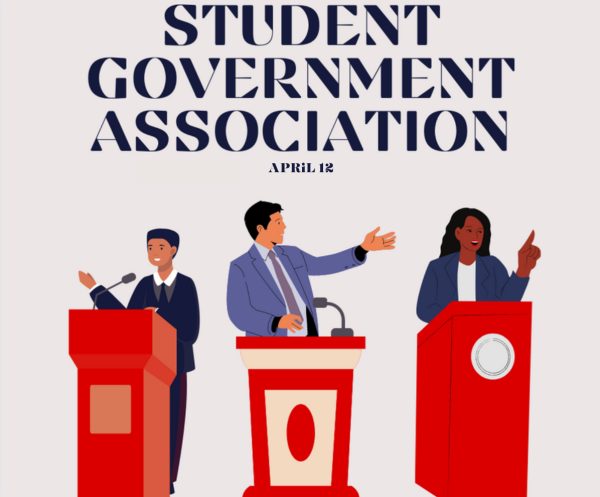Feminist group seeks to educate
April 22, 2005
As the debate on emergency contraception continues, students across the United States are being encouraged to voice their views through e-mails.
Jessie Raeder, a senior campus organizer for the Feminist Majority Foundation’s campus program, said it is important to educate about emergency contraception because only one in five women in America know enough about emergency contraception and how to access it within a short-time period.
“Studies estimate that if there were widespread access to and knowledge about emergency contraception in the U.S., it would have the potential to reduce the number of unwanted pregnancies by 1.7 million a year,” Raeder said.
The Feminist Majority Foundation is encouraging students to get involved because this is an issue that affects students’ lives, Raeder said.
“Young women especially need to advocate for emergency contraception because as women with most of their reproductive years ahead of them, they have the most need for widespread access to this drug,” she said.
Junior accounting major Frannie Callahan said it is important to have the option of emergency contraception available.
“I think it’s very important considering so many college women are put in situations where they could get pregnant,” Callahan said.
FMF has focused on the importance of training young feminists to be the next generation of leaders, Raeder said.
FMF’s Campus Program now runs the largest network of pro-choice/feminist campus groups in the country, with more than 170 feminist groups and nine full-time campus organizers, Raeder said.
“Working with FMF’s campaign to increase access to and awareness about emergency contraception, students have demanded that emergency contraception be made available in their college health centers and have led petition drives to the FDA asking that they stop playing politics with what should be a scientific decision and finally approve emergency contraception over-the-counter,” Raeder said.
Although emergency contraception is an extra strong dose of birth control pills, Raeder said many people confuse emergency contraception with the “morning-after pill” or the abortion pill. This misconception exists partly because there is a deliberate campaign to convince people that emergency contraception causes an abortion.
Senior Spanish major Sarah Robertson said having emergency contraception is important, but there should be conditions to obtain it.
“I think it would be a great advantage to girls on campus,” Robertson said. “Only after a medical examination and consultation with doctors at health services.”
Raeder wants students to know that women will benefit when emergency contraception becomes available over the counter because they will have a much easier time accessing it.
“Right now, if unprotected sex, condom breakage or sexual assault happens on a Friday night, most women have to wait until at least Monday morning to see a doctor,” Raeder said. “By then, the efficacy of taking emergency contraception has already gone way down. Over-the-counter emergency contraception would mean that women could get it when they need it, the sooner one takes it, the more effectively it works.”
To learn more go to http://feministcampus.org/default.asp
Students can also call 1-888-NOT-2-LATE or go to www.not-2-late.com to find the nearest place to access emergency contraception.


